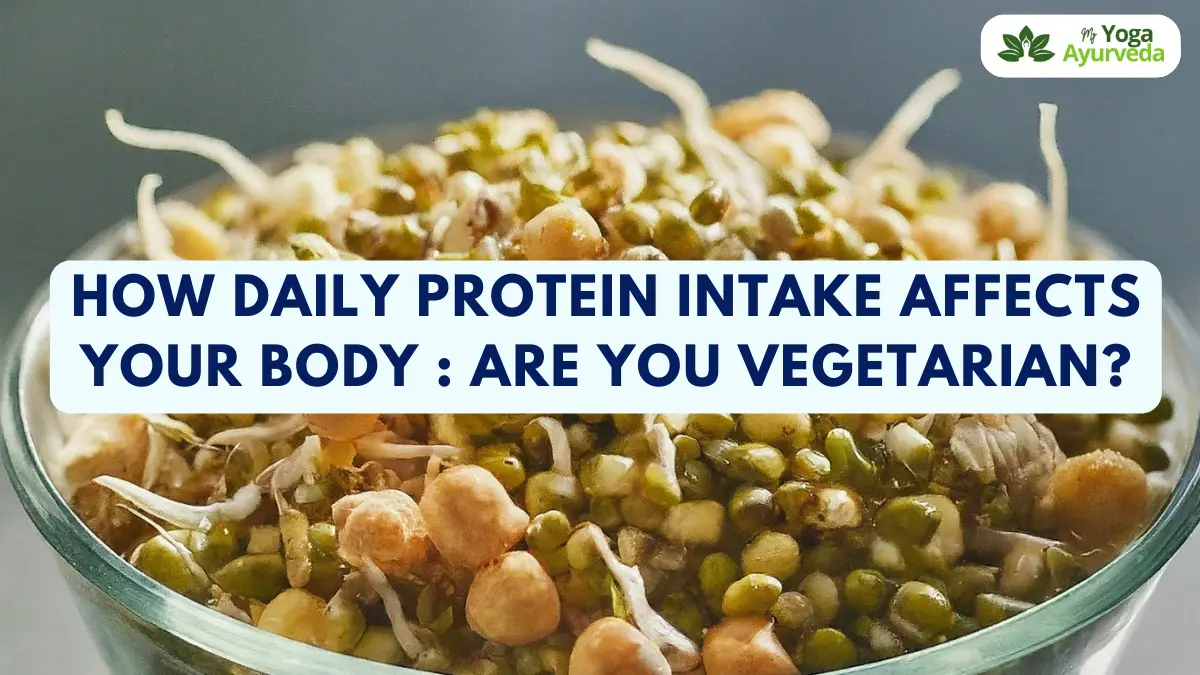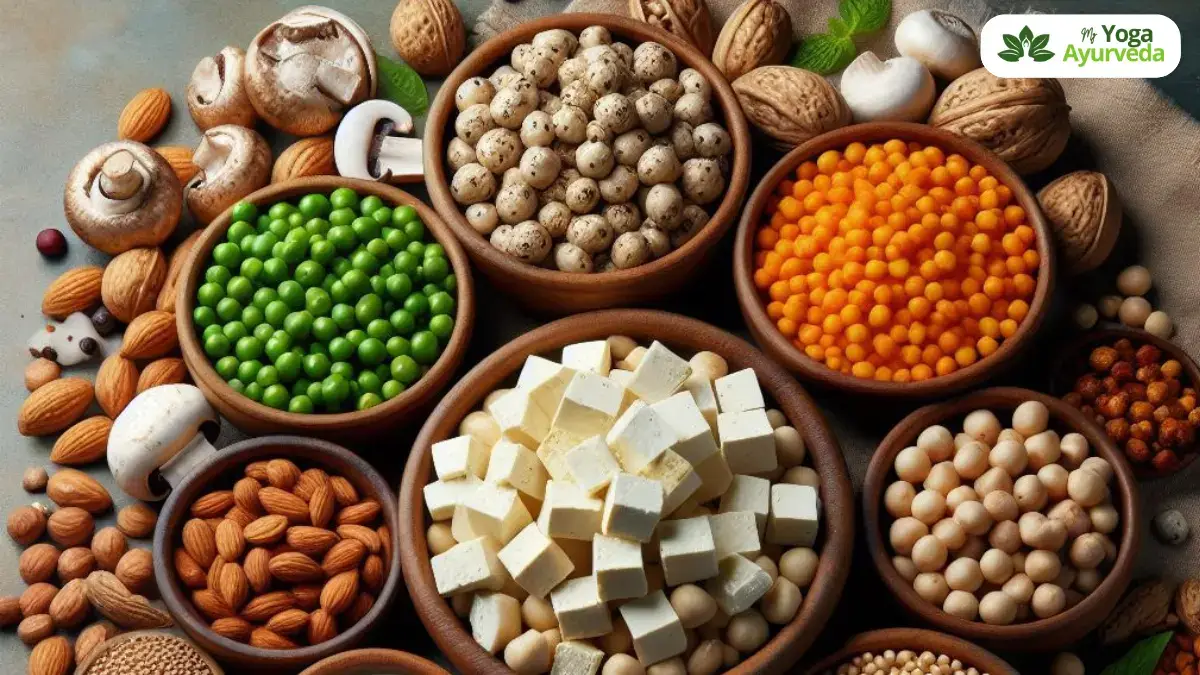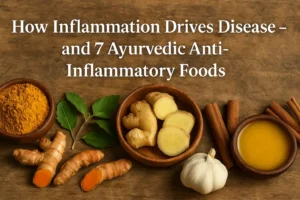Vegetarians are always in dilemma about what to have in their daily diet to get the maximum protein intake. We’ll explore everything you need to know about protein, including how much you need, how to get it from the top 20 protein-packed vegetarian foods, and the potential consequences of both protein deficiency and excess.
The Importance of Protein
Protein is a vital nutrient that plays a crucial role in many bodily functions. From building and repairing tissues to creating enzymes and hormones, protein is essential for good health.
The word “protein” originates from the Greek word “proteios,” meaning “primary” or “of the first rank.”
This reflects proteins’ vital role as essential components in the body’s structure and functions.
20 Amino acids, which are building blocks of Protein, group together and make protein to build and repair tissues, create hair, and nerves, make enzymes and hormones, and is an essential building block of bones, muscles, cartilage, skin, etc.
But how does your daily protein intake affect your body? Let’s find out.
Protein may Improve your Sleep
Struggling with sleepless nights? You may not need sleeping pills! Consider adding the power of amino acids to your diet for natural sleep improvement.
The key player: Tryptophan. This essential amino acid helps your body produce serotonin and melatonin, both crucial for calming the brain and inducing sleep.
Dairy products like cheese or paneer are excellent sources, as is adding whole grains like lentil dal or logiya (cowpea) to your meals.
This may lead to deeper, more restful sleep. Evidence.
Protein helps to Burn Fat
Research provides convincing evidence that higher protein intake compared to lower protein diets can significantly boost thermogenesis (your body’s heat production, which burns calories) and enhance satiety (feeling full for longer). Evidence.
Protein is like a friend that helps you get a lean, toned body, just like carbs do.
One big way it helps is by burning fat. When you want to lose fat, your body needs to move and use the stored fat for energy.
To do this, it needs certain nutrients, like methionine, which is an important building block. Methionine is an indispensable amino acid (IAA).
Calculate your Body Fat with This Body Fat Calculator
Methionine is not made by your body it needs to be provided by the food you eat.
You can get enough methionine by eating a mix of healthy foods like milk products, whole grains, and nuts.
Now! you know enough about protein let’s move ahead to know how much protein is required for you.
How to Calculate Daily Protein Intake?
How Much Protein Do We Need?
The amount of protein you need depends on various factors like age, sex, physical activity level, and overall health.
Estimated Average Requirement (EAR) of Protein for different age groups:









